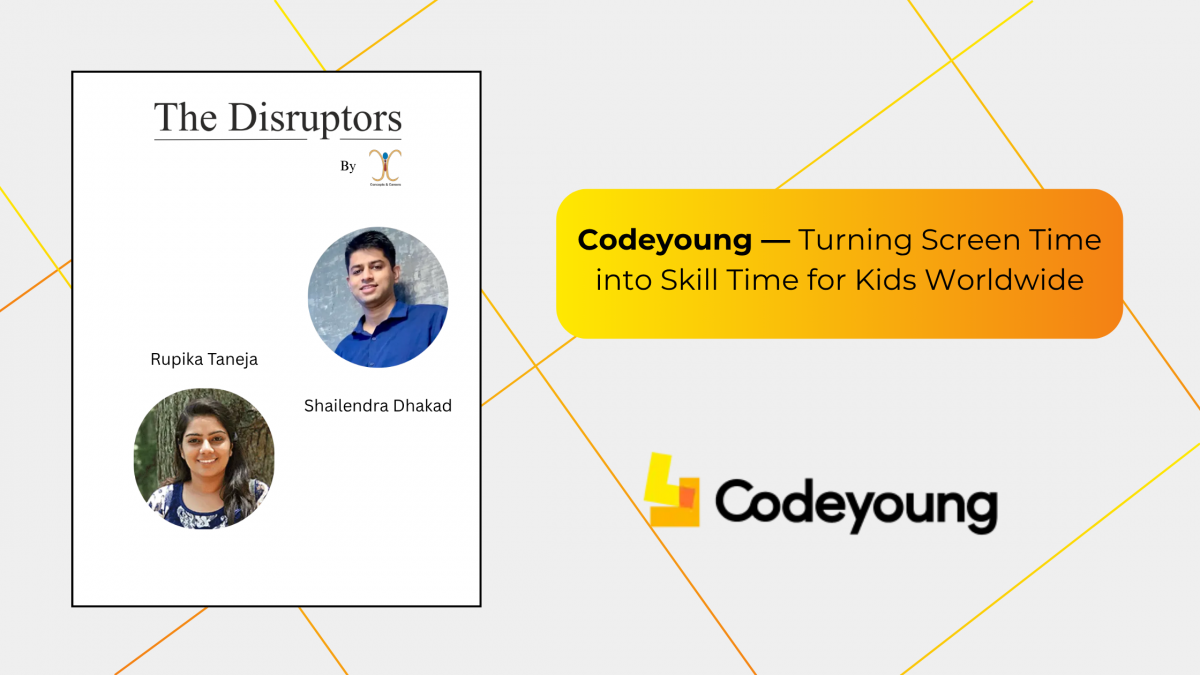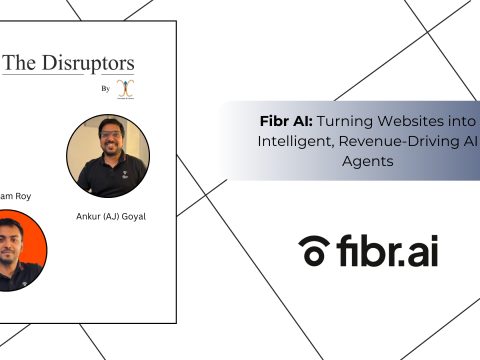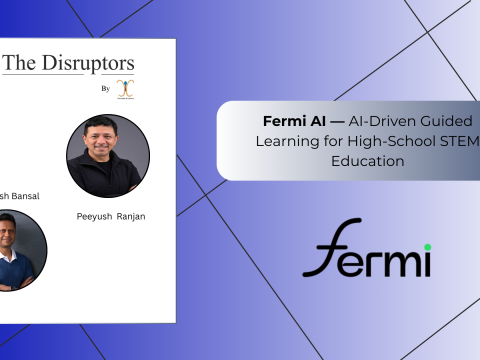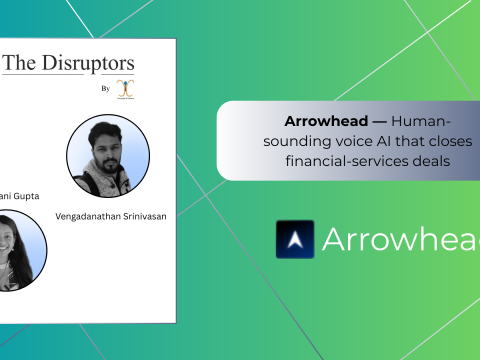- Have any questions?
- [email protected]
Codeyoung — Turning Screen Time into Skill Time for Kids Worldwide

Unveiling the Secrets of Angel Investing: A Comprehensive Analysis of “Angel Investing” by Sanjay Kulkarni
November 17, 2025
Building a Company: A Candid Journey Unveiled in “Let’s Build a Company” by Harpreet Grover
November 25, 20251. The big picture (journalist lens)
In a post-edtech-bubble world, Codeyoung is one of the few K–12 players doubling down on depth, 1:1 teaching, and measurable outcomes instead of just growth at all costs.
Founded around 2020 by IIT Delhi alumni Shailendra Dhakad and Rupika Taneja, Codeyoung delivers live 1:1 online classes for children aged 5–17 across Coding, Math, English, Science, Advanced Placement (AP) courses and SAT preparation.
From its base in Bengaluru, the company has grown into a global learning platform with:
- 25,000+ students
- 2 million+ hours of learning delivered
- Presence in 15+ countries
- 80%+ course completion, 60%+ renewals, and NPS 65+
In November 2025, Codeyoung raised $5M Series A led by 12 Flags Group (backed by former Reckitt Benckiser Global CEO Rakesh Kapoor) and Enzia Ventures, to expand globally and build AI-driven personalization tools and new learning categories.
2. What Codeyoung actually does (product lens)
On the surface, Codeyoung is “just” an online tutoring platform. In practice, it’s a full-stack 1:1 learning system for kids:
- Live 1:1 interactive classes for ages 5–17 — not big group lectures.
- Subjects: Coding, Math, English, Science, Robotics, Financial Literacy, AP & SAT.
- AI-driven adaptive journeys that help mentors personalize pacing, practice and revision.
- Every class starts with revision + quiz to focus on concept retention, not just coverage.
- Strong emphasis on project-based coding (Scratch, Python, JavaScript, app/web dev, AI/ML foundations) to help kids build games, apps and interactive projects.
- STEM.org-accredited educational experience for coding tracks.
Parents see:
- Detailed progress reports and “school-diary style” documentation of each child’s journey.
- A vetted mentor pool — Codeyoung claims <1% of applicants clear its teacher selection.
In short: Codeyoung is trying to make online learning feel like a personal tutor + structured curriculum + intelligent platform, not just a Zoom class.
3. Founder story & vision (human lens)
Before Codeyoung, Shailendra and Rupika spent years volunteering and working in education, which shaped their belief that:
- Coding is fun and has no prerequisites,
- and that children anywhere should be able to access structured, high-quality STEM learning.
They started Codeyoung (originally SmaOwl / Smart Owl Education Pvt Ltd) in late 2019/early 2020 with live coding classes, then expanded into core academics + future skills as demand grew.
The mission:
turn children’s passive screen time into active “skill time” by making online learning engaging, outcome-driven and global.
4. Traction & funding (investor lens)
Funding timeline (high level)
- 2020 – Seed: Undisclosed seed round led by Guild Capital.
- 2025 – Series A, $5M: Led by 12 Flags Group and Enzia Ventures, with partial secondary to early investors. Funds earmarked for:
- Expansion in existing international markets, especially US & Canada
- Building AI-driven personalization tools
- Adding new learning categories beyond current subjects
Performance signals
- 25k+ students, 2M+ learning hours, 15+ countries
- Majority of revenue now from North America (as per funding coverage)
- High completion (80%+) and renewal (60%+) rates, with NPS 65+
For an edtech startup in 2025, these numbers suggest healthy unit economics and product-market fit, not just subsidised growth.
5. How Codeyoung fits into the edtech landscape (analyst lens)
The category: K–12 online tutoring and skills learning is crowded — from global platforms to India-first players and local tuition centres.
Codeyoung’s wedge:
- 1:1 only, globally oriented
- While many platforms moved toward larger group classes to protect margins, Codeyoung stuck to 1:1 as the core promise and built pricing + operations around it.
- Beyond “just coding for kids”
- It started with coding but now offers Math, English, Science, AP, SAT, robotics, financial literacy, and even Generative AI courses — positioning itself as a full future-skills + academics partner for families.
- AI + human teacher, not AI vs teacher
- The platform uses AI for adaptive learning, smart revision, and practice generation, but keeps a live mentor at the core. This helps balance scalability and parental trust.
- Thought leadership via “Codeyoung Perspectives”
- A blog/content hub where educators and parents discuss STEM, coding, foundational math and creative learning, helping position Codeyoung as an educational thought partner, not just a class provider.
6. Business model & GTM (operator lens)
Business model
- 1:1 class packages (multi-session programs) priced at a premium versus large-group classes, justified by outcomes, teacher quality and personalization.
- Global customer base with strong focus on US, Canada and other international markets, paid in foreign currency.
- Upsell pathways from trial → course → multiple subjects → exam prep (AP/SAT).
GTM levers
- Free 1:1 trial class as the main acquisition hook.
- Strong parent reviews and ratings (4.5+/5 on Trustpilot and Google).
- Content marketing through Codeyoung Perspectives, Insta/YouTube, and SEO-rich blog posts on STEM, coding and learning strategies.
7. Risks & challenges (realistic lens)
No disruptor story is complete without the tough bits:
- Post-pandemic edtech fatigue: Parents are more sceptical and price-sensitive now. Codeyoung must keep proving visible outcomes and strong service to justify 1:1 pricing.
- Teacher quality at scale: Maintaining “<1% selection” standards while growing internationally is hard; teacher training and QA will be critical.
- Regulatory & competition pressure: From local tuitions, global platforms, and increasingly, AI-only tools. Codeyoung’s defence is human-plus-AI and outcome metrics, not just features.
8. Why Codeyoung fits “The Disruptor” label
Codeyoung isn’t just riding the “coding for kids” wave. It’s:
- Re-centering online learning on 1:1 mentorship,
- Using AI for personalization without removing teachers,
- Offering a broad future-skills + academics stack, and
- Showing real retention and renewal numbers in a tough funding climate.
If it can keep unit economics healthy while scaling globally — especially in North America — Codeyoung could become one of the flagship Indian-born edtech brands that survives the hype cycle and defines what “high-quality online learning” actually looks like.





